Here’s What You Might Do With Your One Wild and Precious Life
A suggestion for how to spend your time.
You know that Mary Oliver poem that we’re all always quoting? The one that ends, “What is it you plan to do with your one wild and precious life?” Several years back, I came across a concrete and widely applicable answer to this question, and today I’m going to share it with you.
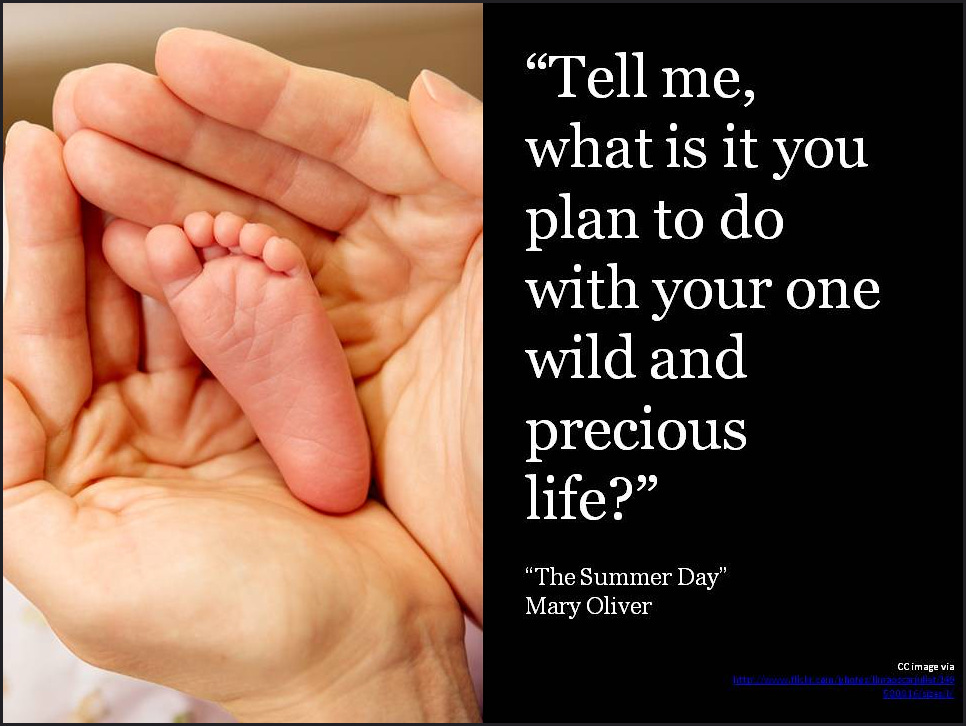
The backstory is that for many years, I’ve been involved in helping to organize an annual social justice education conference for teachers. One year, our keynote speaker was the president of a state-level teachers’ union with a well-deserved reputation for rabble rousing as well as for actually securing teachers’ demands. So that year, there were several union organizers at the conference after-party. I had collapsed onto a couch – as one does after running a conference – and I found myself chatting with one of the union folks in attendance.
“I was in France recently,” she said. “And I met a feminist philosopher who told me about a cool idea. If we sleep 8 hours, that leaves us 16 usable hours in a day. And the idea is that we should allocate 4 hours for work, 4 hours for self, 4 hours for family or household, and 4 hours for community.” I was like “whoa, that’s a really good idea,” and then someone grabbed her to whisk her off to the airport and I didn’t see her again for several years.
In the meantime, though, I kept thinking about this 4 + 4 + 4 + 4 idea. It wasn’t practical at the time for me to work only 4 hours a day, and I lived by myself, so the “self” category and the “family/household” category were hard to differentiate, but the underlying philosophy was intriguing. Could I really devote 25% of my waking hours to showing up for my community? Could I really get away with spending only 25% of my waking hours working for pay? I started experimenting.
One of the first concrete things I did was re-organize my to-do list app according to roughly these categories: work, self, household, and community. Simply adding a “community” category was illuminating: it helped begin to surface all the things I was already doing for my communities, and it also helped me think about where I wanted to allocate more of my time, energy, and attention. It also became a visual reminder that the category of “self” actually matters, and that the category of “work” may not need to matter quite so much. Aunties, these daily visual reminders started to rewire my priorities.
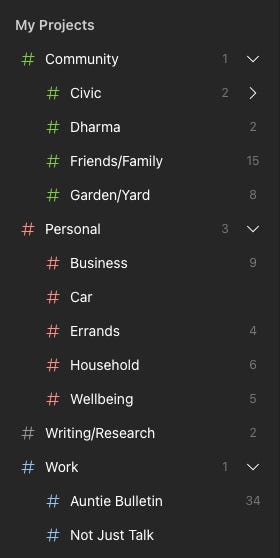
Now, let’s pause and consider the way we’re expected to be wired. If, like me, you live in a society that values individualism, productivity, and the nuclear family, then you might be expected to divvy up your 16 waking hours like this: 8 hours (at least) for work, plus more of your theoretically non-working hours to commute and also to stress about work; then, especially if you’re a woman and especially if you’re a mom, pretty much all of your remaining hours are meant to be dedicated to family/household. Time for yourself gets squeezed in around the edges and often feels like it has to be stolen. Time for community? Forget about it. That’s not even in the equation.
By comparison, the idea of 4 hours for work, 4 hours for self, 4 hours for household, and 4 hours for community is downright transformative. It’s a radically different way of apportioning our one wild and precious life, and for me, it has reliably led to increased happiness, connection, and wellbeing.
Now to be clear, I have never aimed to achieve a perfect 4 + 4 + 4 + 4 allocation. I’m not a machine, I don’t aim to be, and this isn’t about optimization or “getting it right.” Heck, even the foundational assumption doesn't really work for me: my chronic illness means I often need more than 8 hours of sleep, so I can’t actually count on 16 waking hours in a day. Not only that, but for me the categories of work, self, household, and community overlap and are hard to differentiate. Most of the paid work I’ve done in my adult life has been explicitly community-oriented. Living as I do in co-housing, it’s hard to tell where my household ends and my community begins. There’s no way to fully disentangle these categories, but it doesn’t matter. I hold it all very loosely.
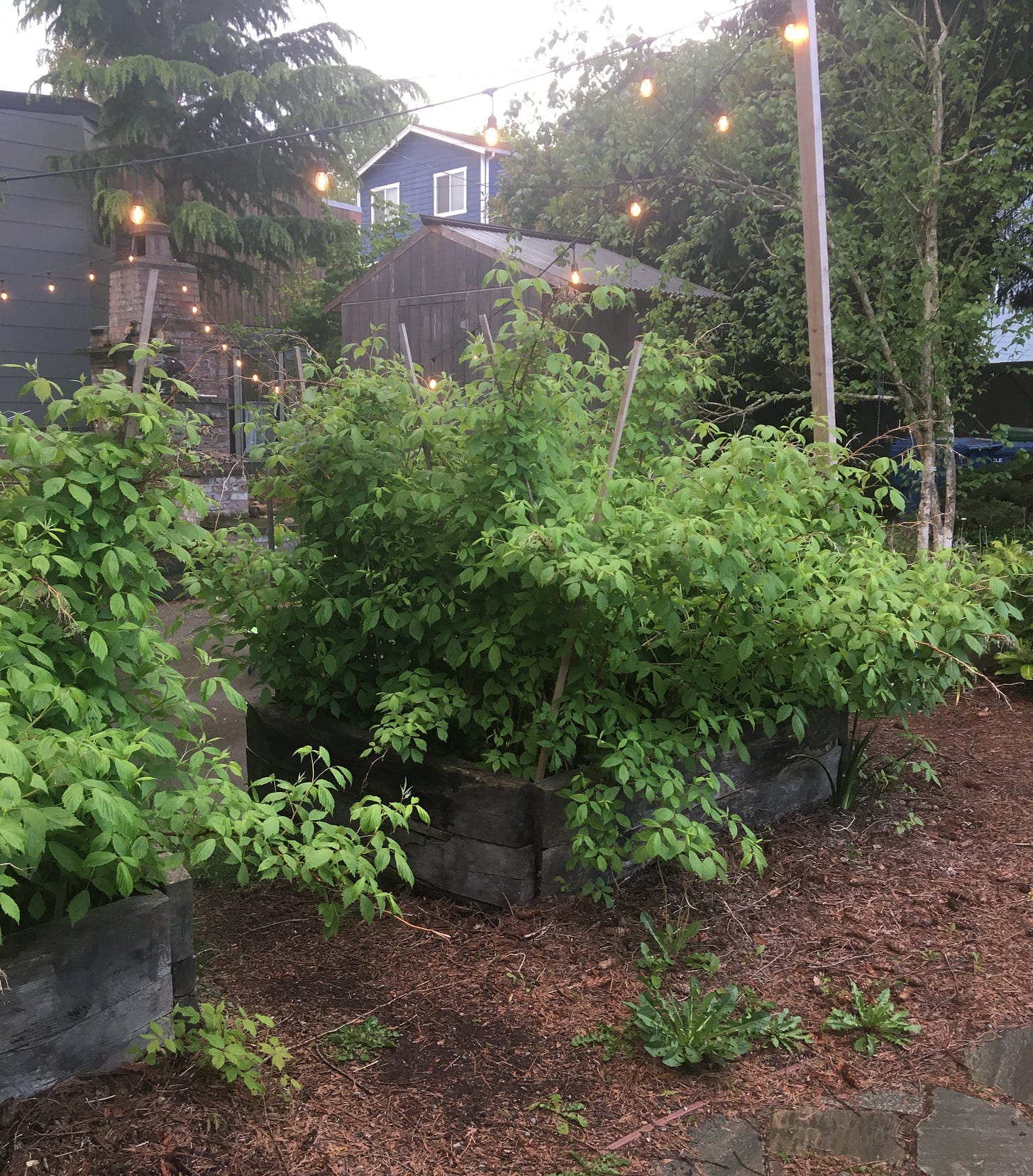
It’s been the aspiration that counts: I will allocate a large proportion of my time to my own wellbeing and to the wellbeing of my communities. I will not let work take over my life. As long as I keep holding all four categories equally in view – and at this point, it’s been nearly a decade – I find myself living a (wild, precious) life that’s consistently full of meaning and love.
Funny full circle moment: this past year at the teaching for social justice conference, the same union organizer was there again. “You!” I said. “Me?” she said – clearly having no idea who I was. “You told me something once that changed my life!” I said to her. “I did?” she said. So I told her the story. And she was like, “Huh, I forgot about that idea. That’s a pretty good idea,” and I was like, “I know, right??” and she was like, “But I don’t think the woman I met was in France. I think it was Argentina.” And then someone whisked her off to the airport again.
Alright, so let’s talk about your one wild and precious life. I suggest that you could do worse than aspire to an even-ish distribution between working for pay, caring for yourself, caring for your household or loved ones, and caring for your wider communities. But holding the aspiration loosely is key. It’s not about budgeting your time, it’s not about getting it right, and it’s certainly not about cramming more into your already full days. It’s more about finding slow, small, incremental ways to move in the direction of prioritizing care – care for our communities, care for ourselves.
I think 4 + 4 + 4 + 4 is a powerful suggestion for anyone living in a society dominated by values of individualism, productivity, and the nuclear family. That feminist philosopher in France or Argentina or wherever, and whoever her compatriots were or are – they were onto something. I’ve never come across the idea anywhere else, but I think it should spread. If you know someone who might be interested, maybe you could tell them about it! And then we could all reorganize our to-do list apps, and thereby change the world one wild and precious life at a time! Go team!
Love you, Aunties. Hang in there.
The Summer Day
Who made the world? Who made the swan, and the black bear? Who made the grasshopper? This grasshopper, I mean— the one who has flung herself out of the grass, the one who is eating sugar out of my hand, who is moving her jaws back and forth instead of up and down— who is gazing around with her enormous and complicated eyes. Now she lifts her pale forearms and thoroughly washes her face. Now she snaps her wings open, and floats away. I don't know exactly what a prayer is. I do know how to pay attention, how to fall down into the grass, how to kneel down in the grass, how to be idle and blessed, how to stroll through the fields, which is what I have been doing all day. Tell me, what else should I have done? Doesn't everything die at last, and too soon? Tell me, what is it you plan to do with your one wild and precious life? Mary Oliver
Coming Attractions
Monday’s Kinship Snacks will include one simple, diplomatic way that Aunties can help shift the parenting load slightly off of moms and slightly more onto dads.
On Monday, I’ll also share emerging insights from the ongoing Guidance from the Aunties survey – ideas y’all have been sharing that are helping me plan and shape the future of this newsletter. There’s a lot of juicy wisdom and perspective there that I’m looking forward to telling you about.
Then next Friday, at long last, it’s the Absolutely, Positively, Unequivocally #1 Best Way to Decide if You Want to Have Kids! This is going to be a good one. It’s not a thought exercise. It’s not about using your imagination. It’s a concrete thing you can – and definitely should – actually do before making what is arguably the most consequential decision of your life. Free from The Auntie Bulletin, because I love you!
Other juicy goodies coming your way in January, barring the unexpected:
Monday Kinship Snacks
How to tell a really good story to kids ← this is my superpower; you are stoked
How to lose at Uno
How to respond to owies (or whatever you call non-life-threatening kid injuries where you live)
Friday Entrees
What does it really mean to say “we’re all in this together?”
The Auntie Bulletin Strategic Plan for 2025 and beyond! Featuring how we’re going to build the Auntie Collective (pending) and how I’m going to make a living (also pending)!
Nothing Sold, Bought, or Processed
The Auntie Bulletin is an ad-free, anti-capitalist publication that will never try to sell you anything and receives no money from affiliate links. I can only offer it if readers like you voluntarily make modest donations to keep the lights on. If you appreciate what you read here, please take a few seconds right now to become a paid subscriber. It’s affordable at only $5 a month, and it allows everyone to be able to access The Auntie Bulletin, regardless of their income.
Thanks for reading all the way to the end! You get the secret scoop that if you can’t afford a paid subscription due to financial hardship, you can shoot me a message in the Substack app or email me at auntiebulletin at gmail dot com and I’ll comp you a subscription, no questions asked.




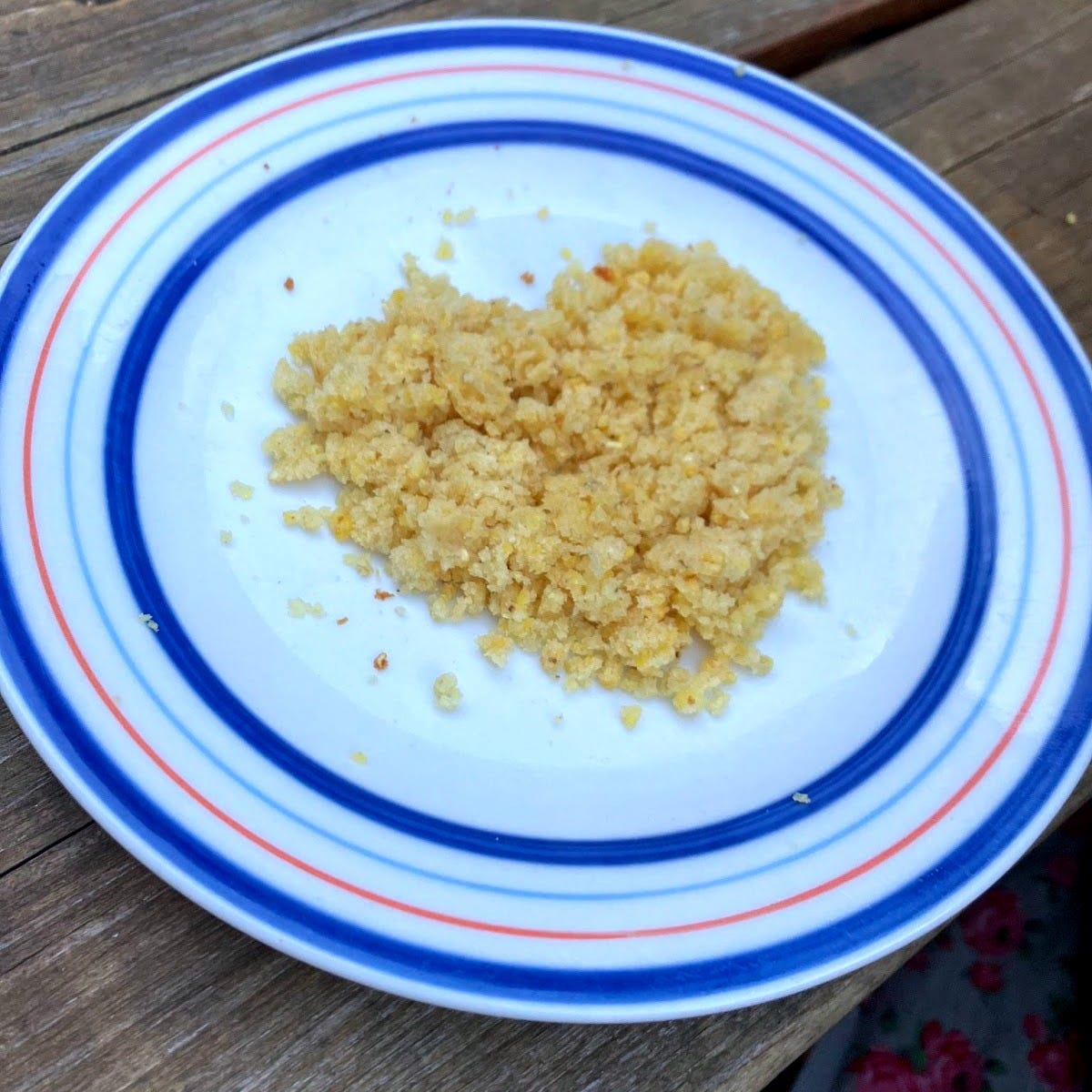
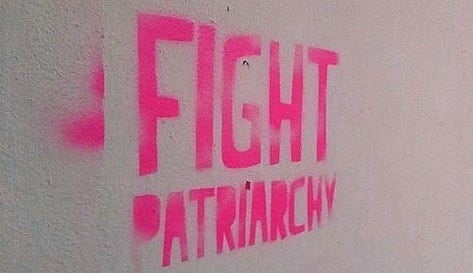
This is beautiful, and follows the kind of logics I've been trying to implement. One loophole I've found (i.e. something that helps me hold a rule like this loosely) is that sometimes we can fudge the money earned from work into other categories if we simply have to work more or less than 4 hours a day: like, during seasons when I'm working a lot for pay, I try to donate to causes that matter to me. I also have had to become a wizard at rationalization of what counts as community care when family/household has tried to eat all my hours: writing letters to voters at 5 am before household life kicks off, doubling my dinner prep to contribute to a meal train, anything I can find that fits. It doesn't really approach 4 hours during my life season, but I love the idea of all of us working toward a balance like this. We'd have more margin for each other with this as a flexible ideal. <3
What I like most about this is how it drags the weight of one's days toward care and not achievement or productivity. Maybe that is helpful for most people who are working more than 4 hours a day--are there opportunities to focus on care and not achievement/productivity in your work life?